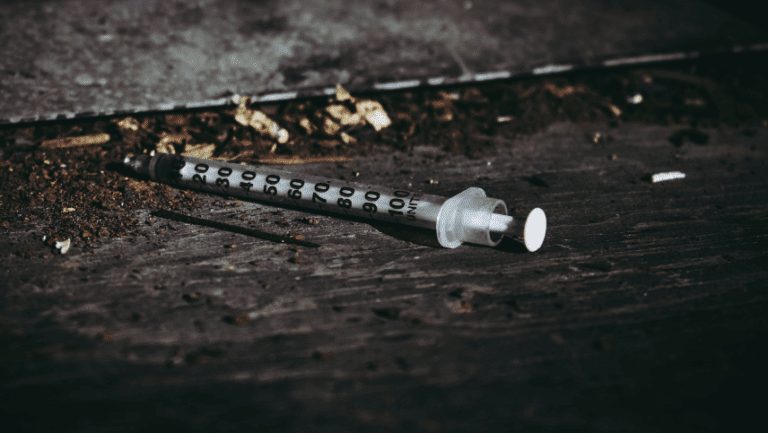When a person has been using cocaine habitually, their body begins to adapt to the effects of those substances, and develops a physical and psychological dependence on it. If they stop taking the substance, they will likely experience symptoms of withdrawal. Withdrawal symptoms range in duration and severity but generally have physical and mental manifestations.
Cocaine Comedown Versus Withdrawal
Cocaine is known for its ‘comedown,’ which begins immediately after the cocaine high begins to wear off. As a cocaine high is relatively brief, usually lasting under an hour, the duration of the cocaine comedown often lasts longer than the high itself. Cocaine increases dopamine release, leading to euphoric effects, but during the comedown, those dopamine levels plummet.
The comedown is unavoidable but relatively brief in duration. While the comedown of cocaine shares many symptoms with the experience of withdrawal, the difference is that withdrawal requires some level of physical dependence. Anyone using cocaine, even for the first time, will experience the comedown.
Cocaine withdrawal may begin directly after the comedown or may begin up to a few days after use. The duration and severity of withdrawal will depend on the level of physical dependence and physical make-up. The more often a person uses cocaine, the more rapid and intense their withdrawal symptoms will be.
Cocaine Withdrawal Symptoms
Cocaine withdrawal has both physical and psychological effects. Physical symptoms generally dissipate in roughly two weeks, while psychological symptoms can linger for up to several months.
Physical withdrawal symptoms include:
- Exhaustion
- Cocaine cravings
- Aches and pains
- Increased appetite
Psychological withdrawal symptoms include:
- Difficulty concentrating
- Anxiety
- Depression
- Suicidal ideation
- Slowed thinking
- Dysphoria
- Paranoia
Not every person will experience all of these symptoms, and they may experience symptoms that are not listed. The process of withdrawal and detoxification from cocaine involves many factors that vary from person to person, which is why it is highly recommended to seek clinical supervision within a professional detox facility.
Knoxville Recovery Can Help
If you or a loved one are struggling with addiction to cocaine, know that help is available, and recovery is possible. At Knoxville Recovery, we offer a clinically supervised detox program to clients in need. After detox is successfully completed, clients will have the choice of being admitted into our inpatient or outpatient treatment programs. We fully understand that every individual has different needs and both programs offer unique benefits.
Services offered:
Detox – Our on-site detox clinic accommodates and supports clients as the body sheds all residual traces of crack cocaine. Clients are under medical supervision during the detox process to ensure that they remain safe and comfortable.
Addiction Treatment – During our addiction treatment program, clients will engage in introductory therapies and exercises that work to prepare them for continued, more intensive treatment outside of our facility. The goal of our addiction treatment track is to stabilize clients so that they are treatment-ready.
Mental Health Treatment – Our mental health treatment program introduces behavioral therapies rooted in self-expression and holistic exercise. Art therapy, music therapy, and yoga are just a few forms of therapy we offer at the center. Our goal is to help the client reclaim their voice and expose them to treatment within a professional facility.
Aftercare Planning – Aftercare is designed for individuals who have benefitted from our introductory addiction services and are transitioning into a more intensive addiction treatment program. Once a client is stabilized, they will be encouraged to pursue continued addiction treatment. Our experienced case managers will then work with our clients to place them in a program that addresses their specific wants and needs.
At Knoxville Recovery, individuals will have the option to participate in various types of therapy and counseling, learning new coping mechanisms for dealing with addiction, get treated for any coexisting mental health problems, and learn to live a healthy life free of substance abuse. After treatment, it is highly recommended to join a 12 step program or other support groups to help prevent relapse and continue recovery outside of treatment programs. If you are struggling with substance abuse, do not hesitate to reach out today.










